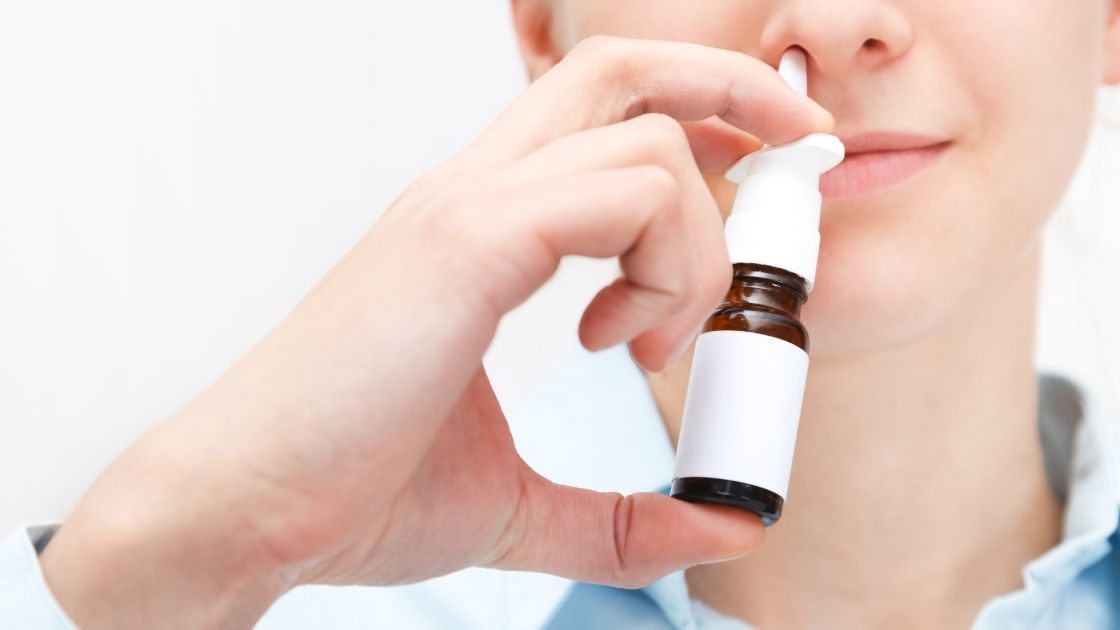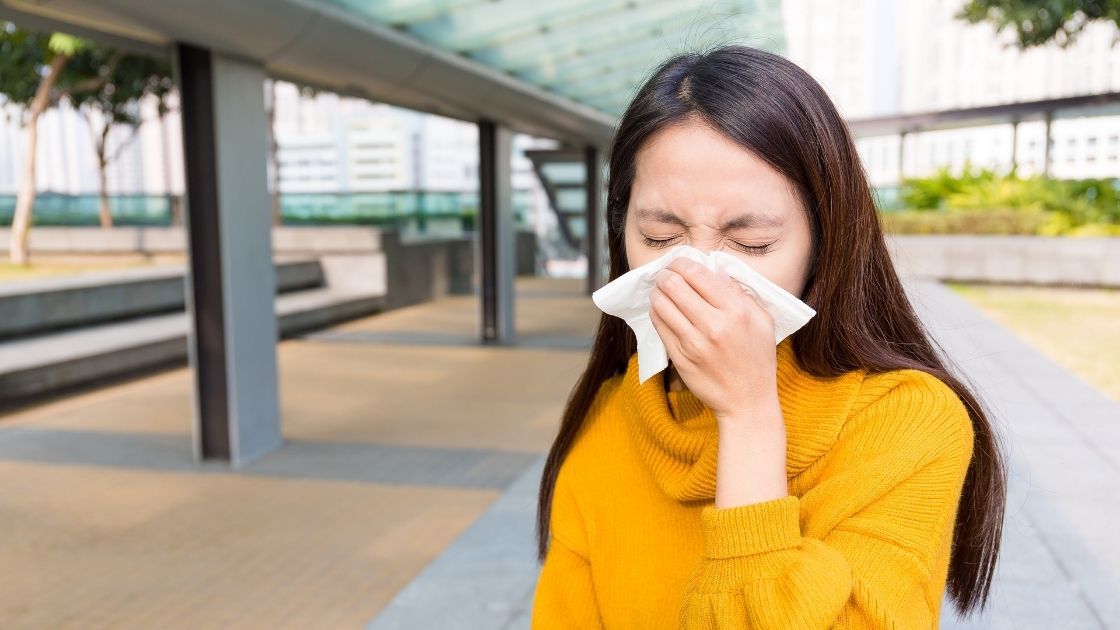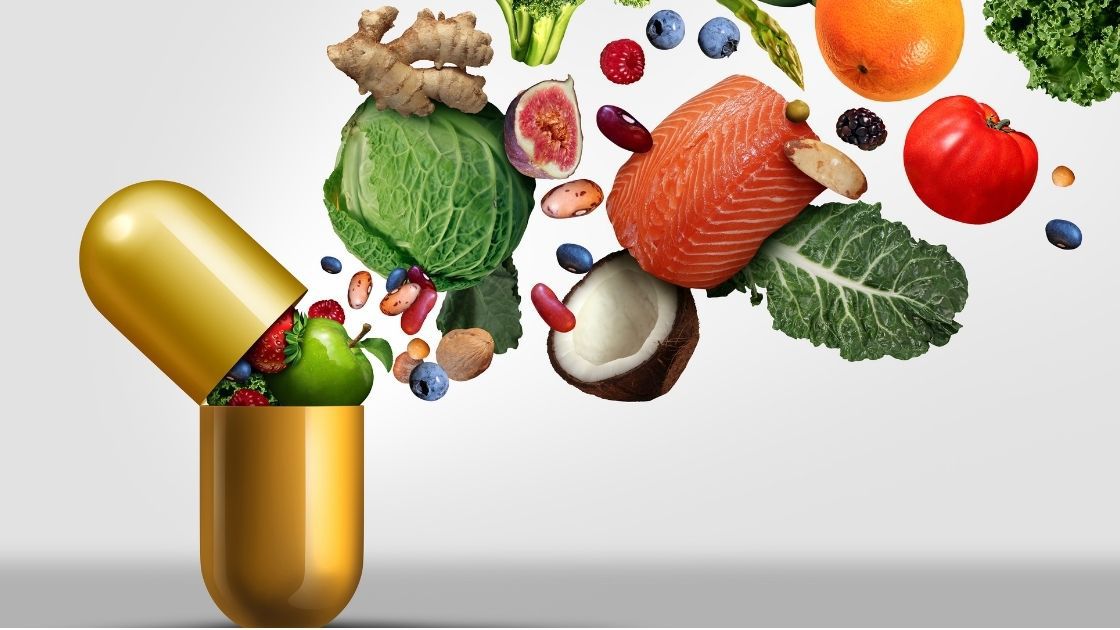A dry, scratchy, or painful throat could be one of the disturbing sensations some may feel during this global pandemic. A sore throat, which could be a flag for an onset of flu, is one of the most common ailments that affect people and is often associated with bacterial or viral infection, change in weather conditions, intake of certain foods or exposure to air pollutants. Sore throat is listed as one of the very first complaints felt by those who had the new coronavirus disease or COVID-19. Given the serious threat of COVID- 19 to health, everyone gets so mindful of any discomfort affecting the oral cavity while trying to anticipate anything that could indicate an infection.
Going Natural
Many respiratory illnesses usually start from the mouth, which makes oral health care a paramount concern of everyone. Nowadays, one’s hygiene regimen involves enormous attention to the care of the mouth and throat. While there are numerous medicines and chemical-laced antiseptics recommended for oral infections, no one could go wrong in turning to nature’s produce to avoid such illnesses.
An age-old plant-derived substance that has, for thousands of years, been used widely as food supplement and has been recently propelled to the front-line of oral care is Propolis, nicknamed “bee glue”. Propolis, a resin or wax-like substance gathered by honeybees from plants, is a complex mixture of numerous substances known to deliver multiple health benefits. Since the times of ancient Egyptians and Romans, the compound Propolis has been applied to heal sores in the oral cavity due to its recognized anti-bacterial, antiviral, antifungal, and anti-inflammatory properties.
Some bioactive substances in propolis such as the flavonoids pinocembrin, galangin, and caffeic acid phenylester make it multifunctional in promoting oral health and in protecting the mouth and throat from infections. Being a substance produced by bees from plants, propolis oral spray is as natural as it could be in protecting the oral cavity against infections.
In March 2020, the need to administer natural products that deliver antiviral activity for the protection against the SARS-COV-2 was underlined by Seif Salah Mohamed, an immunologist from Alexandria University in Egypt. “Finding a potential natural agent may help in mitigating the impact of COVID-19 global threat,” said Mohamed.
Antimicrobial and Healing Properties
The oral cavity is a home to a great number of bacteria that are only waiting for the opportunity to cause infection when the body’s immune system becomes weak or when there are breaks in tissue barriers. Propolis generally works against a broad range of gram positive and gram-negative bacteria, viruses, and fungi.
In a 2019 review done by microbiologists Izabela Przybylek and Tomasz Karpinski, which looked at the influence of propolis on more than 600 bacterial strains, it was found that a wide range of bacteria are susceptible to propolis extracts including the leading cause of bacterial throat infection, Streptococcus pyogenes, as well as other disease-causing bacteria like Staphylococcus aureus, S. mutans and S. pneumoniae.
In terms of antiviral activity, propolis has also been found to inhibit viruses as shown in a 1990 study led by microbiologist Maurizia Debiaggi wherein viral replication and infectivity of Herpes Simplex Virus 1, Herpes Simplex Virus 2, TK Herpes Virus, and Human Adenovirus were inhibited by specific propolis flavonoid components like quercetin and chrysin.
Recognizing the ability of locally applied propolis to beat mouth infections, dentists Dr. Mahboobe Dehgani and his team did a study in 2019. Results showed that naturally derived propolis and the chemical antiseptic chlorhexidine led to equivalent improvements on dental plaque, gum and periodontal status hence making propolis an appropriate alternative without the unpleasant effects of chlorhexidine.
Additionally, propolis also helps in reducing pain and healing wounded tissues including that of the throat. In a 2018 study by otorhinolaryngologists led by Dr. Jeong Hwan Moon of South Korea, patients treated with propolis-based gargles after tonsil surgery had significantly less pain and had better wound healing compared to those using plain water gargles.
In many parts of the world, Propolis based oral spray is commonly used to relieve pain, to soothe sore and irritated throat, to reduce oral cavity irritations, stomatitis, gingivitis, and other various periodontal diseases as well.
Boosting the Body’s Immune Defense
The body’s immune system is responsible for its defense against foreign invaders such as bacteria, viruses and fungi that cause infections. Very recently in May 2020, a group of researchers led by Mohammed Iddir published a study wherein they wrote: “It should be noted that a close relationship between inflammation and oxidative stress exists. High production of free radicals at the site of infection by immune cells such as macrophages, triggers oxidative stress.”8 Protection from the damaging effects of these free radicals can be afforded by antioxidants. Propolis, owing to its polyphenol and flavonoid contents, is recognized for its potent antioxidant activity. In a 2019 study published in Nutrients, Dr. Andrea Braakhuis shared: “The antioxidant activity of propolis and its constituents has been well documented, with the vast majority of outcomes demonstrating a reduction in oxidative stress markers.”
Because it is naturally derived from plants, propolis is generally safe. Although there are some reports of hypersensitivity or allergic reactions from propolis, particularly in people who are allergic to bees or bee products, propolis and its constituents are generally well tolerated.
Although propolis is yet to be considered as a definitive treatment for mouth and throat infections, propolis may indeed be considered as a natural means to keep the mouth and throat protected from infections.
References:









